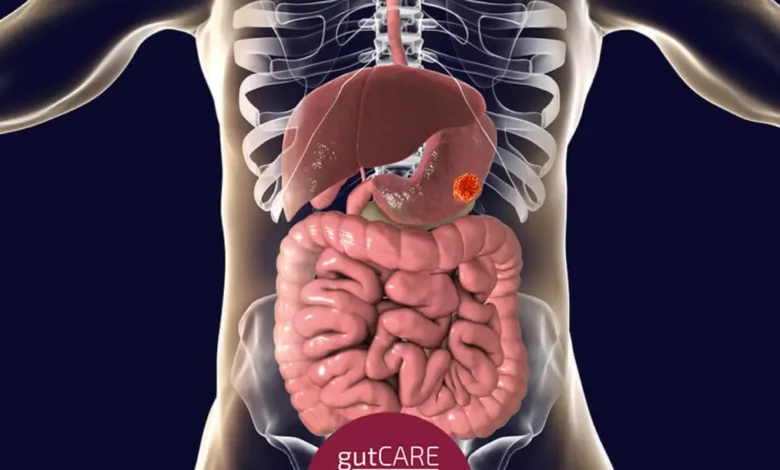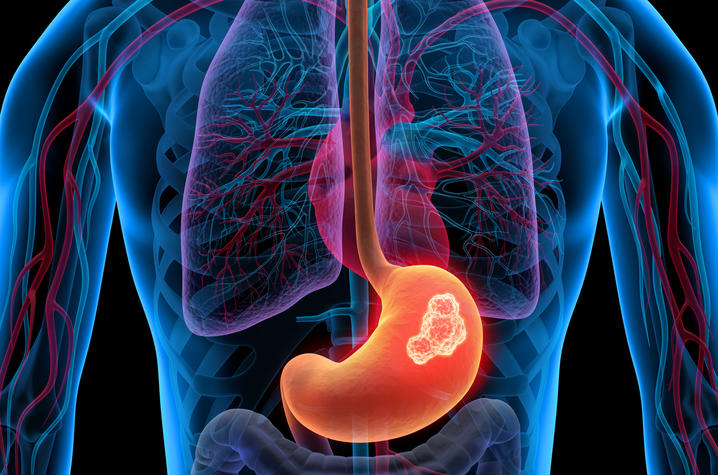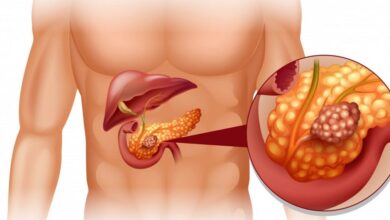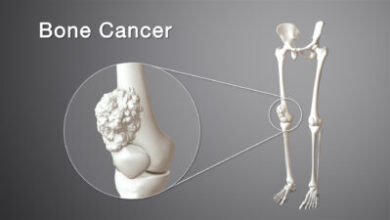Understanding Stomach Cancer: Causes, Symptoms, and Treatment Options

Stomach cancer, also known as gastric cancer, is a serious and often misunderstood condition that develops in the lining of the stomach. While its incidence has decreased in recent years, it remains a major health concern worldwide. This article delves into the causes, symptoms, diagnosis, and treatment of stomach cancer, offering insights for both general readers and those seeking expert-level knowledge.
What is Stomach Cancer?
Stomach cancer is a disease in which malignant (cancerous) cells form in the lining of the stomach. These cells grow uncontrollably, potentially spreading to other parts of the body.
The Role of the Stomach in the Body
The stomach plays a crucial role in digestion by breaking down food into nutrients that the body can absorb. Its acidic environment and enzymes help in this process, but these same factors can sometimes contribute to damage that leads to cancer.
Types of Stomach Cancer

The most common type of stomach cancer is adenocarcinoma, which starts in the mucus-producing cells of the stomach lining. Other types include gastrointestinal stromal tumors (GIST), neuroendocrine tumors, and lymphomas, but these are less common.
How It Develops
Stomach cancer often begins as a precancerous condition, such as chronic inflammation or atrophic gastritis. Over time, genetic changes in the stomach cells can lead to cancer.
Causes and Risk Factors
Understanding the causes and risk factors of stomach cancer is key to prevention and early detection.
Lifestyle and Dietary Factors
- Diet: Consuming foods high in salt, nitrates, and smoked preservatives increases the risk. A diet low in fruits and vegetables can also contribute.
- Smoking: Tobacco use damages the stomach lining and significantly raises cancer risk.
- Alcohol: Heavy drinking can irritate the stomach lining, creating a fertile ground for cancer development.
Medical Conditions
- Helicobacter pylori Infection: Chronic infection with this bacterium is a leading cause of stomach ulcers and a major risk factor for stomach cancer.
- Chronic Gastritis: Long-term inflammation of the stomach lining can lead to precancerous changes.
- Genetic Factors: A family history of stomach cancer or inherited syndromes like Lynch syndrome can increase susceptibility.
Other Factors
Age, gender (men are more likely to develop stomach cancer), and geography also play a role. The disease is more prevalent in East Asia, South America, and Eastern Europe.
Symptoms of Stomach Cancer
Early detection is often challenging because symptoms can be vague or resemble other gastrointestinal issues.
Early Symptoms
- Indigestion or heartburn
- Loss of appetite
- Nausea or mild stomach pain
Advanced Symptoms
- Unexplained weight loss
- Vomiting, sometimes with blood
- Persistent fatigue
- Difficulty swallowing
- Black or tarry stools (indicating internal bleeding)
Why Symptoms Go Unnoticed
Many early symptoms overlap with common digestive problems, leading to delays in diagnosis. This underscores the importance of seeking medical advice for persistent or unusual symptoms.
Diagnosing Stomach Cancer
Diagnosis involves a combination of patient history, physical exams, and advanced diagnostic tools.
Initial Assessment
Doctors begin with a thorough discussion of symptoms and medical history, followed by a physical examination to detect any abnormalities.
Diagnostic Tools
- Endoscopy: A thin, flexible tube with a camera is used to view the stomach lining. Biopsies can be taken during this procedure.
- Imaging Tests: CT scans, X-rays, and MRIs help visualize the extent of the cancer.
- Blood Tests: Certain markers, like carcinoembryonic antigen (CEA), may indicate cancer, although they’re not definitive.
Staging the Cancer
Once diagnosed, staging determines how far the cancer has spread. This is crucial for developing a treatment plan and involves additional imaging and sometimes exploratory surgery.
Treatment Options for Stomach Cancer
Treatment varies depending on the stage and type of stomach cancer, as well as the patient’s overall health.
Surgical Interventions
- Partial Gastrectomy: Removing part of the stomach affected by cancer.
- Total Gastrectomy: Removing the entire stomach and connecting the esophagus directly to the small intestine.
Surgery is often combined with other treatments to improve outcomes.
Chemotherapy and Radiation
- Chemotherapy: Drugs are used to kill cancer cells or prevent them from growing. It’s often administered before or after surgery.
- Radiation Therapy: High-energy rays target and destroy cancer cells, often used alongside chemotherapy for greater effectiveness.
Targeted Therapy and Immunotherapy
- Targeted Drugs: These medications specifically attack cancer cells by interfering with their growth mechanisms.
- Immunotherapy: A newer approach that helps the immune system recognize and attack cancer cells.
Palliative Care
For advanced cases, palliative treatments aim to relieve symptoms and improve quality of life rather than cure the disease.
Preventing Stomach Cancer
While not all cases are preventable, certain lifestyle changes and medical interventions can significantly reduce risk.
Dietary Modifications
- Increase intake of fresh fruits and vegetables.
- Limit consumption of processed, smoked, and salty foods.
Lifestyle Choices
- Quit smoking and limit alcohol consumption.
- Maintain a healthy weight through regular exercise and a balanced diet.
Medical Precautions
- Treat Helicobacter pylori infections promptly.
- Undergo regular screenings if you have a family history of stomach cancer or other risk factors.
Living with Stomach Cancer
A diagnosis of stomach cancer is life-changing, but many resources are available to help patients and their families navigate this journey.
Emotional and Psychological Support
Coping with a cancer diagnosis can be overwhelming. Support groups, counseling, and mental health services play a vital role in maintaining emotional well-being.
Nutrition and Lifestyle Adjustments
Patients may need to adapt their diets, especially after surgery. Smaller, more frequent meals and avoiding certain foods can help manage symptoms and improve recovery.
Advances in Treatment
Ongoing research is improving survival rates and quality of life for stomach cancer patients. Clinical trials offer access to cutting-edge treatments that may not yet be widely available.
Conclusion
Stomach cancer is a complex disease with various risk factors, symptoms, and treatment options. While advancements in medical science have improved outcomes, prevention and early detection remain critical. By understanding the causes, recognizing symptoms, and seeking timely medical care, individuals can take proactive steps to safeguard their health.



